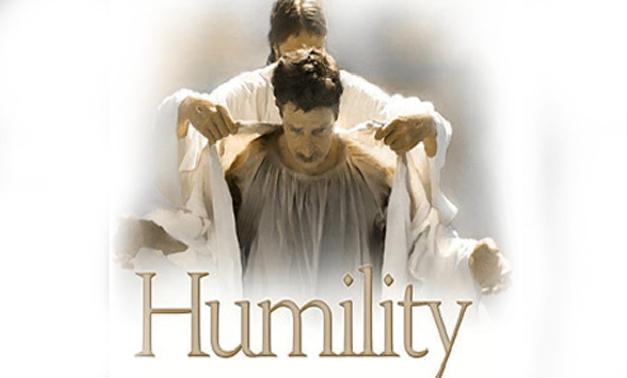
St. Thomas Aquinas coined the statement: “There is more to Jesus than the Church, and more to the Church than Jesus.” He noted that there were many people who participated in Church life but had never really encountered Jesus Christ and experienced a conversion of life. On the other hand, there were non Church goers who had experienced Jesus in a personal way but had not been admitted officially into the Church.
Pope Benedict XVI spoke frequently of the critical importance of “encountering the person of Jesus.” He noted that all the Church buildings, church programs, and church personnel had no meaning at all if they did not lead people to encounter Jesus.
Today we continue to read how Jesus exposed the emptiness of a religious culture that was more interested in status-seeking than in Jesus (Matthew 23:1-12).
“The scribes and Pharisees have taken their seat on the chair of Moses. Therefore, do and observe all things whatsoever they tell you, but do not follow their example. For they preach but they do not practice…They love places of honors in synagogues, greetings in the marketplaces, and the salutation ‘Rabbi.’”
Jesus exposed religious leaders who were more interested in being honored themselves than in honoring God. They aspired to levels of status in which they were greeted as “Rabbi,” rather than seeking to glorify God.
Jesus warned his disciples that when they developed a church culture, they were to be different.
“As for you, do not be called, “Rabbi.” You have but one teacher, and you are all brothers.”
Being brothers and sisters to one another was the primary relationship that Jesus expected of his disciples. He cautioned against a kind of “pecking order” in which some, because of their teaching gifts, for example, might be regarded as more important than others. The disciples were to look to Jesus as their one teacher. And in exercising teaching gifts it was done always in a way that pointed their listeners to Jesus. It was Jesus Christ speaking and working in them. When they used their gifts to draw attention to themselves rather than to him, they were undermining the kind of equality that was to exist in their community.
“Call no one on earth your father; you have but one Father in heaven. Do not be called “Master”; you have but one Master, the Christ.”
Belonging to Jesus brought a person into the family of God in which there is only one Father. They were not supposed to give to another human being the kind of honor and worship that belonged to God alone. And they were cautioned to avoid receiving undo respect by having people call them “Master.” There was one Master, one Lord, that is the Christ.
Jesus envisioned a community that was more a family style than a caste system. All were brothers and sisters whose lives centered in Jesus and who rejoiced in having one Father who was in heaven. Within that context they were to be servants to one another.
“The greatest among you must be your servant.”
He warned against pride:
“Whoever exalts himself will be humbled; but whoever humbles himself will be exalted.”
Lent is a season of conversion. If we are part of the Church that has not encountered the person of Jesus Christ, then let our prayer during this season be to know Jesus in a real way. And if we find ourselves being caught up in pride, let our prayer be for humility.
Jesus meek and humble of heart, make my heart like unto thine.
